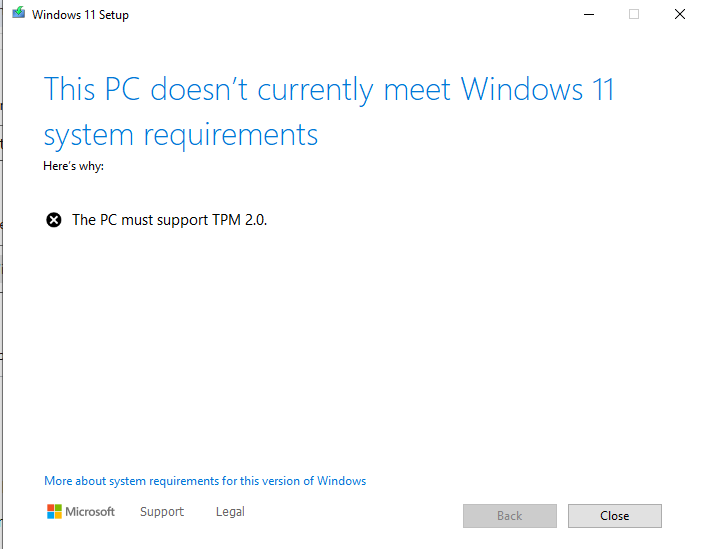How not to get scammed: A simple guide on staying alert
- PC Workshop

- Jun 22, 2023
- 1 min read
PC users can fall victim to scams through various channels, including emails and phone calls.
Common ways home PC users get scammed:
Phishing emails: Deceptive emails trick users into sharing personal information or login credentials.
Tech support scams: Scammers pose as tech support agents and charge fees for fake computer repairs.
Fake software downloads: Users unknowingly install malware or viruses from fraudulent software sources.
Online shopping scams: Fraudulent sellers offer attractive deals but deliver counterfeit or non-existent products.
Phone call scams: Bogus phone calls can be particularly dangerous, as scammers impersonate reputable companies or authorities to extract personal information or payments.
Tips on how not to get scammed:
Be cautious of suspicious emails and avoid sharing personal information.
Download software from trusted sources and be cautious of too-good-to-be-true offers.
Keep software updated to patch vulnerabilities.
Use strong, unique passwords and enable two-factor authentication.
Verify tech support callers and contact official customer service for confirmation.
Research and read reviews before making online purchases.
Stay informed about common scamming techniques.
Exercise extreme caution with phone calls and avoid sharing sensitive information.
Be wary of unsolicited phone calls and never disclose personal information or make payments unless you initiated the call and verified the caller's identity.
Consider using call-blocking apps or services to filter out known scam numbers.
Never grant remote access to anyone claiming to provide tech support unless you initiated the request and have confirmed the legitimacy of the support provider.
Legitimate tech support teams will not contact you out of the blue and ask for remote access to your computer.
By following these precautions, home PC users can reduce the risk of falling victim to scams, especially the dangers posed by bogus phone calls, and protect their personal information and financial security.



Comments